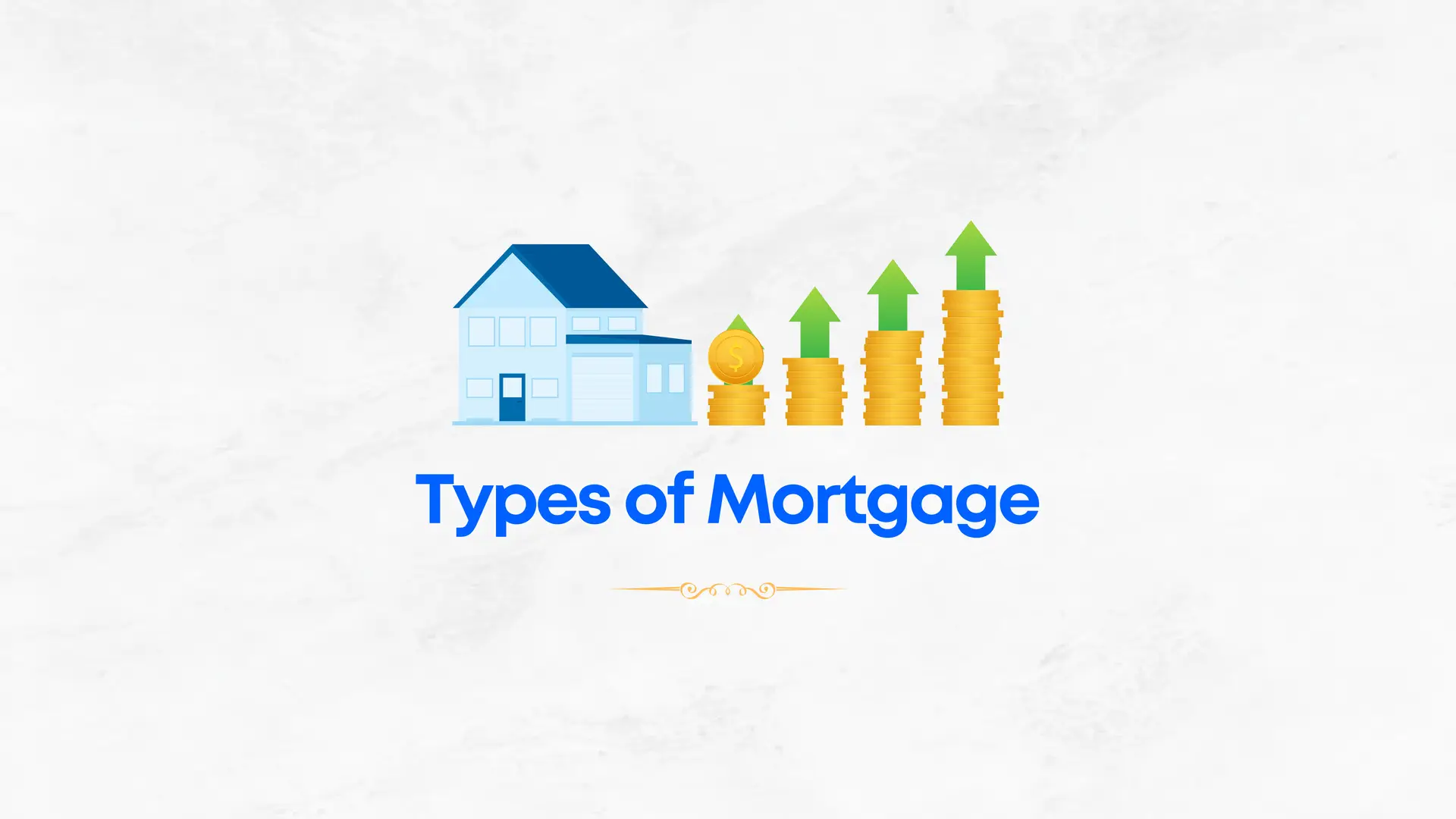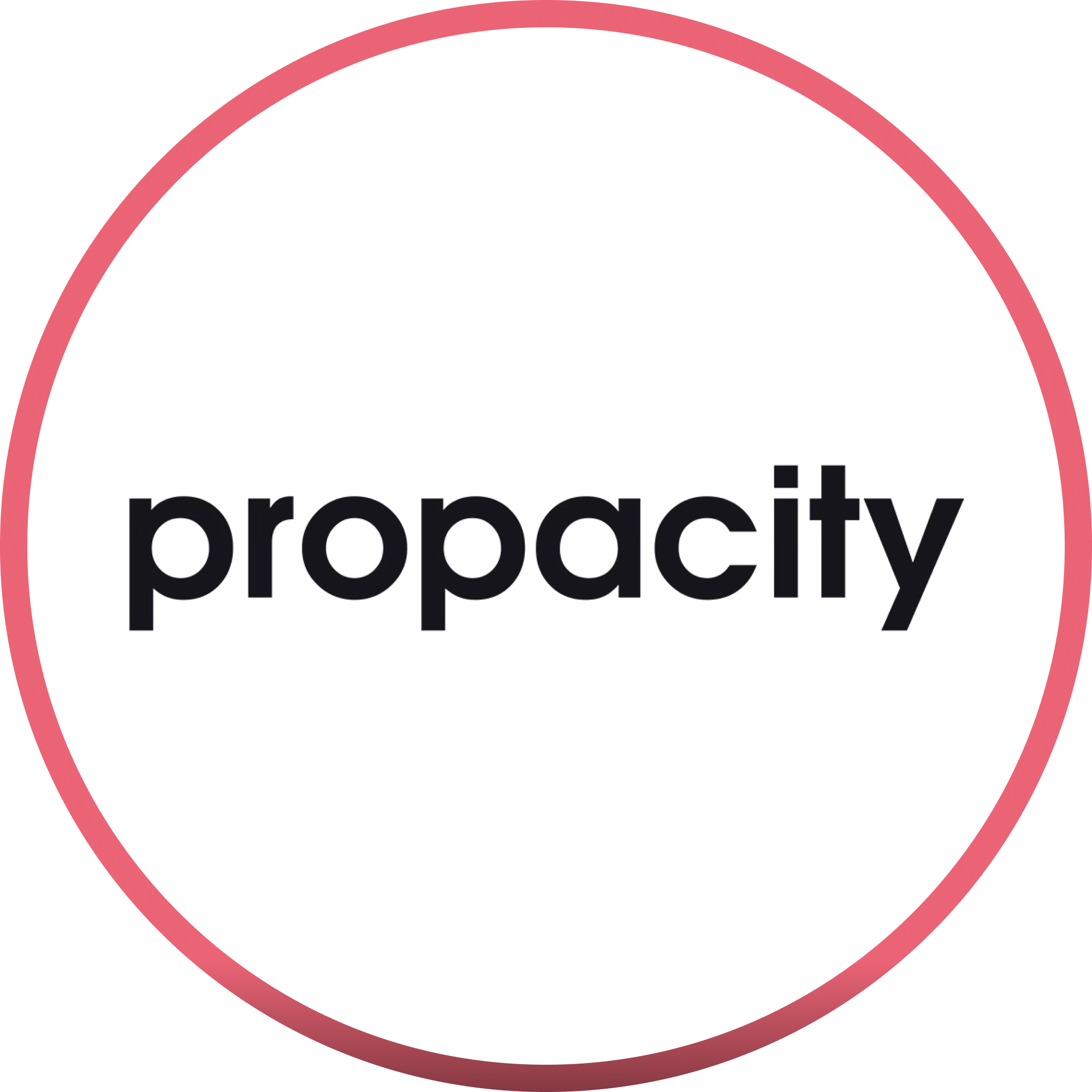
Buying a home in India is a crucial step in anyone’s journey. Understanding the various types of mortgages can help guide your decisions and choices. Each types of mortgage is designed to suit specific financial situations and personal preferences, making it more likely to find one that meets your needs. Mortgages range from simple options to those backed by the government; each offers its own advantages and considerations.
The Exciting Journey of Home Buying
From visiting many properties to picking the correct location, purchasing a home is thrilling. Yet, obtaining suitable funding can sometimes seem daunting. But relax – having a distinct budget and comprehension of the mortgage system makes it easier to finance your home. This blog will explain the various kinds of mortgages available while purchasing a home.
What is a Mortgage?
According to the Reserve Bank of India, a mortgage is “the transfer of an interest in specific immovable property for the purpose of securing the payment of money advanced or to be advanced by way of loan, an existing or future debt, or the performance of an engagement that may give rise to a pecuniary liability.”
In simple terms, a mortgage is an instrument of debt secured by collateral for an immovable asset. It acts as a legal contract between two parties: the borrower (the debtor) and the lender (the creditor). The lender has the power to take possession or sell the borrower’s property if they fail to repay their loan amount. Mortgages make it possible for you to buy a house without paying its entire cost immediately.
Recent Changes in Mortgage Interest Rates
In 2024, it’s important to watch for any adjustments in interest rates, particularly in light of the Reserve Bank of India’s (RBI) decision to pause its rate increases, maintaining the rate at 6.50%. This decision directly impacts the interest rates applicable to new home loans, affecting both salaried and self-employed individuals.
What are the types of mortgage in India?
As per the Transfer of Property Act (1882), one of the most important real estate laws in India, there are six major types of mortgage in India:
- Simple Mortgage
- English Mortgage
- Usufructuary Mortgage
- Mortgage by Conditional Sale
- Anomalous Sale
- Mortgage by Sale of Title Deed
1. Simple Mortgage
A simple mortgage is a loan agreement where you borrow money from a lender to buy real estate. The property is collateral, meaning the lender can sell it if you default on the loan. This is one of the most commonly picked types of mortgage. Example: Imagine you want to buy a house for 50 Lakhs and have savings of 10 Lakhs and take a mortgage of 40 Lakhs to cover the rest. You agree to repay the loan plus interest in monthly installments over 15 years. If you miss payments, the bank may sell your home to recover the money you owe.
2. English Mortgage
An English mortgage is a type of loan where the borrower transfers the full property ownership to the lender as security against the loan. The borrower undertakes to repay the loan by a specific date, and the property is transferred back after repayment. Example: If you borrow 60 Lakhs to buy a house, you transfer ownership to the lender, and if you repay the loan on time, you will get the property back. If you fail to do so, the lender has no obligation to transfer the property back to you and will retain the rights to the property.
3. Usufructuary Mortgage
A usufructuary mortgage is one of the types of mortgage where the borrower gives the lender ownership of the property as collateral against a loan, and the lender is entitled to income from the property until the loan is repaid. Once the loan is fully repaid, the borrower regains ownership and possession of the property. Example: If you borrow ₹30 lakh for your flat, you hand over the flat to the lender. The lender rents the apartment and uses the rent to recover the loan. Once the loan is repaid, the apartment is returned to you.
4. Mortgage by Conditional Sale
A mortgage by conditional sale appears as a sale of property where ownership is transferred to the lender, but the sale is conditional upon the borrower defaulting on the loan. If the loan is repaid, the sale is null and void, and ownership rights go back to the borrower, but if the loan is not repaid, the sale becomes absolute, and the lender retains ownership. Example: You ‘sell’ your house to the lender to secure a loan. If you repay the loan on time, the ‘sale’ is reversed, and you regain ownership. But if you default, the lender becomes the absolute owner.
5. Anomalous Mortgage
An Anomalous Mortgage is one of the types of mortgage that doesn’t fit into any of the categories mentioned above. It can be a combination of any agreement or have its custom agreement. For instance, the person who borrows can give ownership of the property to the lender (like a usufructuary mortgage) and move it for some time (as a conditional sale mortgage).
6. Mortgage by the Sale of Title Deed
Also known as an equitable mortgage, a mortgage by sale of title deed is a unique type of mortgage where the borrower hands over the property’s title deed to the lender as security. If the borrower repays the loan, the title deed is returned. However, if the borrower defaults, the lender can use the title deed to claim ownership and sell the property to recover the loan. Example: You borrow ₹20 lakhs to buy a house and give the house’s title deed to the bank. Once you repay the loan, you get the title deed back. If you default, the bank can sell the house to recover the loan.
Other Types of Mortgages Considered:
1. Commercial Mortgage
A Commercial Mortgage, also known as a business mortgage, is a loan given to buy non-residential properties such as land, office buildings, and other properties. However, This loan is provided only for business purposes and not for personal reasons.
2. Equitable Mortgage
An Equitable Mortgage is a type of mortgage where the borrower retains ownership of their property but takes a loan against it. The borrower keeps the property, but the lender holds the title deeds as collateral for the loan and can claim the property if the payment defaults.
3. Reverse Mortgage-
A mortgage system allows senior citizens over 62 to borrow money against their existing property in monthly installments. Unlike a traditional mortgage system, a reverse mortgage does not require the homeowner to repay any loan during their lifetime. Instead, the loan becomes due when the borrower dies, moves permanently, or sells the home. However, this payment can only be utilized for specific reasons, such as medical bills, and not for business purposes.
4. Balloon Mortgage
A type of mortgage is a type of mortgage where the initial monthly payments are low, but the borrower must pay the loan in a lump sum at the end of the loan term. These mortgages are easier to qualify for, generally have low interest rates, and are ideal for the short term.
5. Registered Mortgage
A registered mortgage is a legal agreement where the borrower uses their property as collateral for a loan, and the arrangement is officially recorded with a government body, typically the Land Registry. This agreement is legally binding, and if defaulted, the lender will gain all rights to the borrower’s property.
6. Government-Backed Loans
Several programs, such as the Pradhan Mantri Awas Yojana and the National Housing Bank, exist to help economically weaker sections and low-income groups secure funds to purchase homes. These loans offer lower interest rates as well as longer repayment durations.
7. Loan Against Property (LAPs)
A secured loan that allows you to borrow money from a bank or non-banking finance company (NBFC) using your residential or commercial property as collateral is typically used to purchase real estate.
Conclusion
Owning your home is a significant milestone, but choosing the right mortgage can be just as important. With many mortgage options available in India, each tailored to different financial profiles and needs, making the right decision can be overwhelming. This blog highlights the types of mortgage you can choose from. However, remember that the ideal mortgage depends on your unique financial situation. Before choosing the one that suits you, it is essential to do thorough research and compare multiple options. By carefully assessing your needs and exploring the available options, you can choose a mortgage that not only helps you buy your dream home but also accommodates your financial aspirations for the future.


![Well, #GrowWithPropacity is here to educate you all about all things Real Estate.
Follow to stay updated in Real Estate!
[Real Estate, Construction, Real Estate Tips, Real Estate Growth, Real Estate Industry, Carpet Area, Super Area, Built Up Area, Home Buying Tips, Home Buyers, Property]](https://propacity.com/blogs/wp-content/plugins/instagram-feed/img/placeholder.png)
Leave a Reply